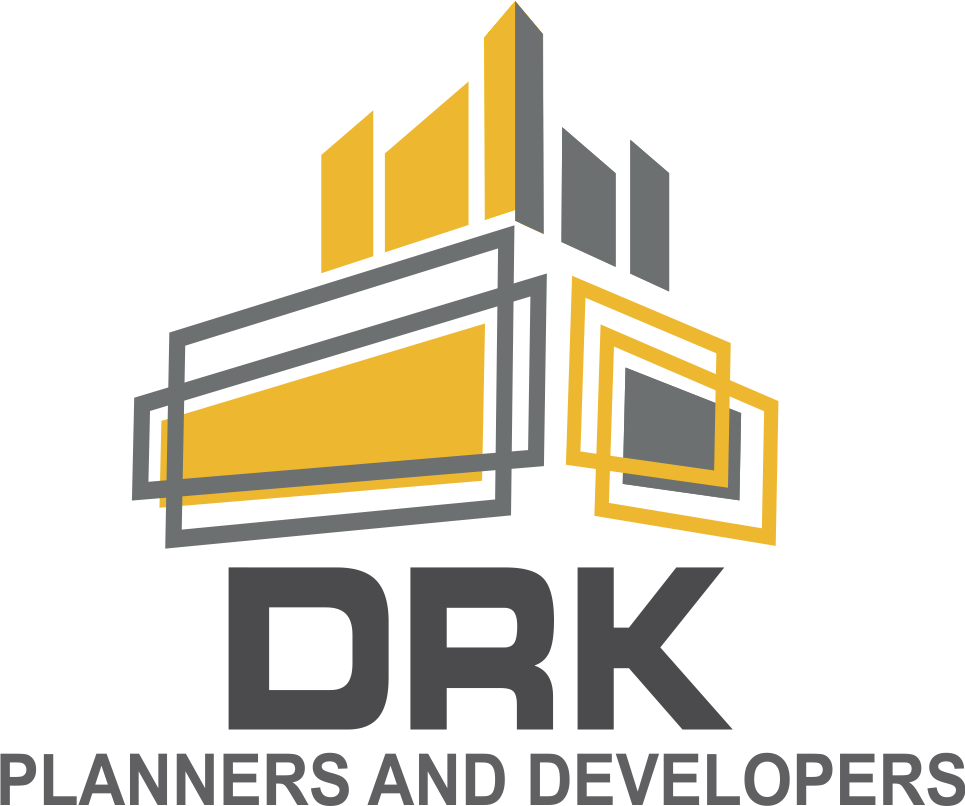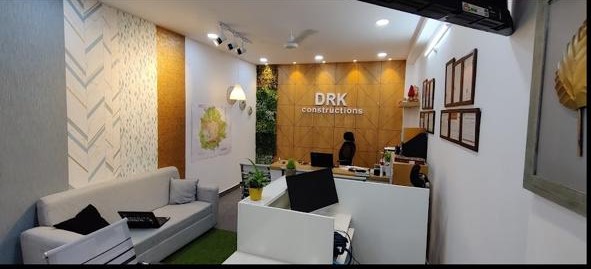Project Management
Home >> Project Management
Submit your request
Introduction
to Construction Project Management
- What is Construction Project Management?
- Definition and Purpose: Explain what construction project management entails
and its role in ensuring successful project completion. - Key Objectives:
Discuss the main objectives, including time management, cost control,
quality assurance, and safety.
- Definition and Purpose: Explain what construction project management entails
- Roles and Responsibilities
- Project Manager:
Overview of the project manager’s role and responsibilities. - Key Team Members:
Describe the roles of other key team members, including project
engineers, architects, contractors, and subcontractors.
- Project Manager:
Project
Planning
- Project Scope and Objectives
- Defining Scope:
How to define the project scope and set clear objectives. - Scope Creep:
Managing and controlling changes to the project scope.
- Defining Scope:
- Project Scheduling
- Creating a Project Schedule: Steps to develop a detailed project schedule,
including task breakdown and timeline estimation. - Critical Path Method (CPM): Introduction to CPM and how it helps in identifying
the most critical tasks.
- Creating a Project Schedule: Steps to develop a detailed project schedule,
- Budgeting and Cost Management
- Estimating Costs:
Techniques for accurate cost estimation, including material, labor, and
overhead costs. - Cost Control:
Methods for monitoring and controlling costs throughout the project
lifecycle.
- Estimating Costs:
- Resource Management
- Resource Allocation:
How to allocate resources effectively, including labor, equipment, and
materials. - Managing Resource Conflicts: Strategies for resolving conflicts and optimizing
resource use.
- Resource Allocation:
Project
Execution
- Project Coordination
- Communication:
Importance of effective communication among project stakeholders. - Meetings and Reporting: Setting up regular meetings and reports to track
progress and address issues.
- Communication:
- Quality Management
- Quality Standards:
Establishing and maintaining quality standards. - Inspection and Testing: Procedures for inspecting and testing materials and
workmanship.
- Quality Standards:
- Risk Management
- Identifying Risks:
Methods for identifying potential risks and their impact on the project. - Risk Mitigation:
Developing strategies to mitigate identified risks.
- Identifying Risks:
- Safety Management
- Safety Protocols:
Implementing and enforcing safety protocols on the construction site. - Compliance:
Ensuring compliance with safety regulations and standards.
- Safety Protocols:
Project
Monitoring and Control
- Progress Tracking
- Monitoring Techniques: Methods for tracking project progress, including
Gantt charts and progress reports. - Performance Metrics:
Key performance indicators (KPIs) for measuring project success.
- Monitoring Techniques: Methods for tracking project progress, including
- Change Management
- Handling Changes:
Process for managing changes to the project scope, schedule, or budget. - Change Orders:
How to document and approve change orders.
- Handling Changes:
- Budget and Schedule Adjustments
- Adjusting for Variances: Techniques for adjusting the budget and schedule in
response to deviations. - Forecasting:
Methods for forecasting future project performance based on current data.
- Adjusting for Variances: Techniques for adjusting the budget and schedule in
Project
Closure
- Final Inspections and Approvals
- Completion Checklist:
Steps for conducting final inspections and obtaining necessary approvals. - Punch List:
Creating and managing a punch list to address any remaining issues.
- Completion Checklist:
- Project Documentation
- Final Reports:
Preparing final project reports, including documentation of changes,
costs, and performance. - As-Built Drawings:
Providing as-built drawings and documentation for future reference.
- Final Reports:
- Post-Project Evaluation
- Lessons Learned:
Conducting a post-project review to identify lessons learned and areas
for improvement. - Client Feedback:
Gathering feedback from clients to assess satisfaction and performance.
- Lessons Learned:
Tools
and Techniques
- Project Management Software
- Overview of Tools:
Introduction to popular project management software and tools (e.g.,
Microsoft Project, Primavera, Procore). - Benefits of Technology: How technology can enhance project management
efficiency and effectiveness.
- Overview of Tools:
- Project Management Methodologies
- Traditional vs. Agile: Comparison of traditional project management
approaches (e.g., Waterfall) versus Agile methodologies. - Best Practices:
Recommended practices for implementing various methodologies in
construction projects.
- Traditional vs. Agile: Comparison of traditional project management
Case
Studies and Examples
- Successful Projects
- Project Highlights:
Showcase of successful construction projects, detailing planning,
execution, and outcomes. - Key Success Factors:
Analysis of factors contributing to project success.
- Project Highlights:
- Challenges and Solutions
- Common Challenges:
Examples of common challenges faced during construction projects. - Problem-Solving Strategies: Solutions and strategies used to overcome these
challenges.
- Common Challenges:
General
Tips for Content Creation
- Visual Aids:
Use flowcharts, diagrams, and images to illustrate project management
processes and concepts. - Glossary of Terms:
Include a glossary to define key project management terms and jargon. - Expert Insights:
Feature quotes and advice from experienced project managers and
construction professionals. - Interactive Elements:
Offer tools like budget calculators, scheduling templates, or project
management checklists to engage users.
By providing detailed, practical information
on construction project management, you can help users navigate the
complexities of managing construction projects and achieve successful outcomes.
OUR PORTFOLIO
HOW IT WORKS?

1
Your Requirement

2
Cost Estimation

3
Schedule Visit

1
Work Execution

1
Work Execution
WHY CHOOSE DRK PLANNERS & DEVELOPERS

Professional Service
Highly experienced Design & Construction team to provide the best service possible. We make sure your experience is stress-free and easy from the beginning until the end.

Insured work
We've got you covered! Your building is insured with us, so you don't have to fret about any issues that may arise after construction. We're just a call or click away, ready to assist you whenever you need us.

100% Transparency
We believe in transparency, which is why we never hide any charges from you. Every detail is crystal clear, so you can trust us to be upfront and honest. Bringing transparency to our services is one of our fundamental values.
Digital Tracking
We've made tracking your work progress easier than ever before. With a simple login, you can digitally monitor and manage every aspect of your work site, giving you complete control and visibility over the project.

Quality Assurance
Rest assured that you're getting the right quality at the right price with us. We don't overcharge, and we never compromise on the quality of our products. You can say goodbye to substandard materials when you work with us.

On Time Delivery
Missing a deadline is not an option for us. We always deliver on time, every time, and we take pride in our ability to do so. Our commitment to on-time delivery means that you won't have to worry about any unexpected cost overruns.

Flexible Pricing Models
We get it - rigid pricing models can be a hassle. That's why we offer personalized quotes that are tailored to your specific needs and preferences.

Curbing Malpractices
We have put a check on Malpractices. With our new age technology assistance, we have curbed all the Fraudulent practices.

No Cost Over Runs
We stand by our promise of a 100% No Cost Overrun Policy, which means that you won't have to worry about unexpected expenses popping up during the project.
BLOGS
Tips for Successful Land Development Projects
Introduction: Land development projects require careful planning, coordination, and execution to ensure their success. In this blog post, we will
The Importance of Sustainable Construction Practices
Introduction: Sustainable construction practices have gained significant attention in recent years due to the growing concern for the environment and
The Future of Construction Technology: Trends to Watch
Technology is rapidly transforming the construction industry, revolutionizing traditional processes and enhancing productivity, safety










